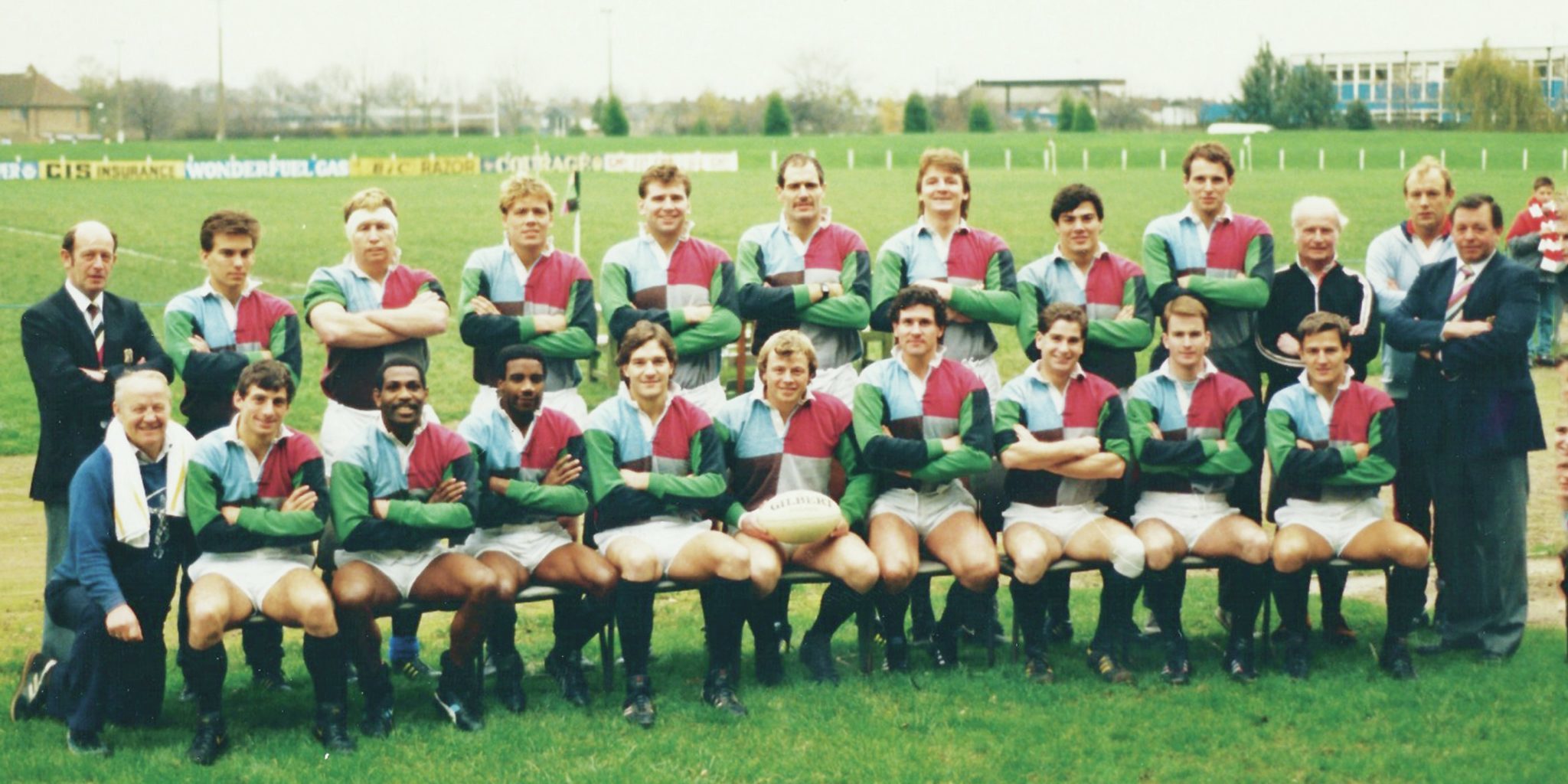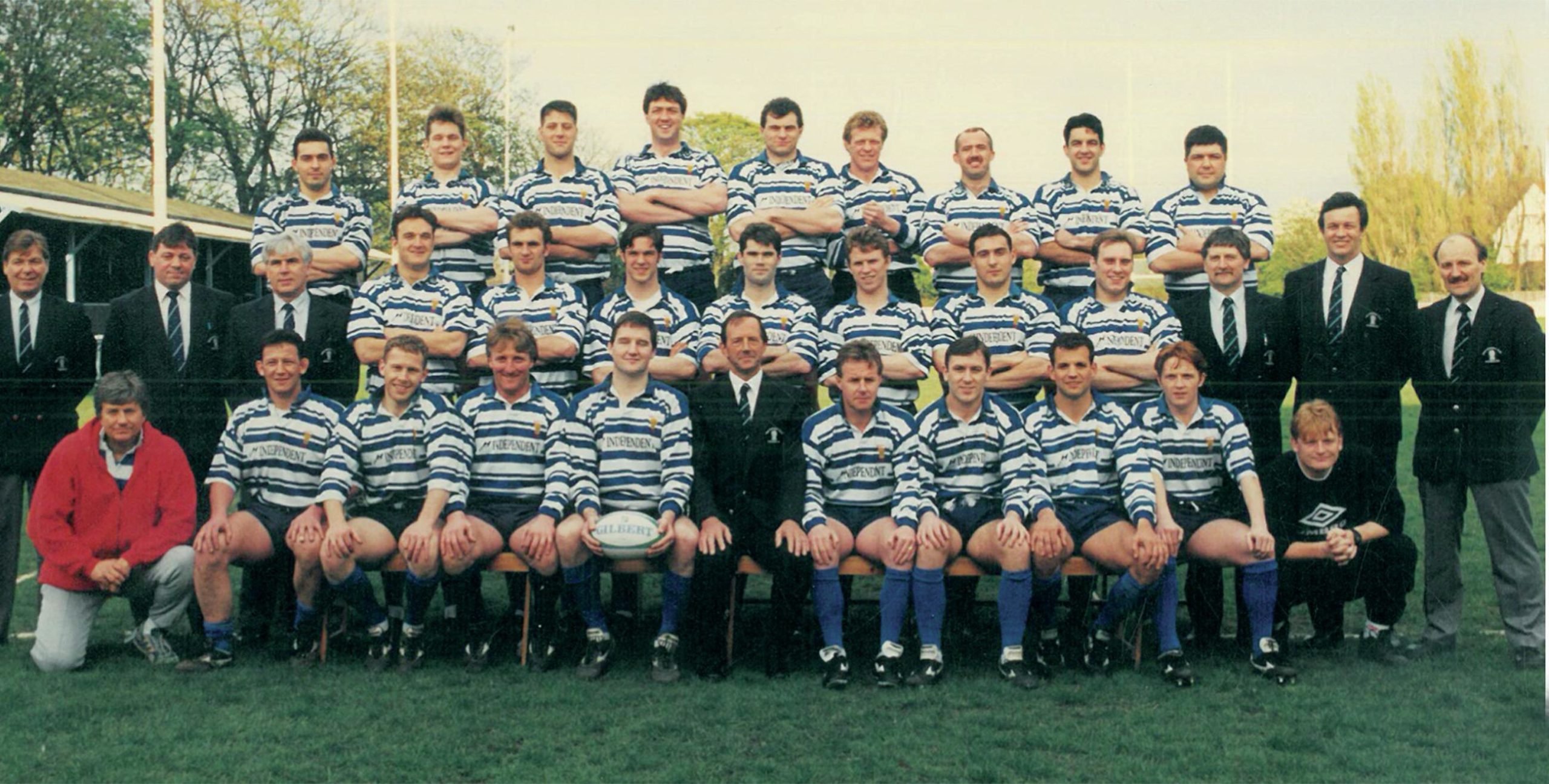Moment In Time
Exeter’s back to back delight
More in Moment In Time
-


Kids bring joy to Geordie land
MOMENT IN TIME NEWCASTLE FALCONS, 2001 TETLEY BITTER CUP WINNERS BY NEIL FISSLER IT...
-


No stopping the Baa-Baas’ game
MOMENT IN TIME SPECIAL REPORT BY NEIL FISSLER LEICESTER vs THE BARBARIANS, 1973 Where...
-


Quins double up at Twickenham
Moment in time: Harlequins, 1988 John Player Cup and Middlesex Sevens winners BY NEIL...
-


Moment in Time: Psycho front row set platform for Sale’s return to top flight
Sale – Courage League 2 Champions 1993/94 Sale had been out of the top...





















